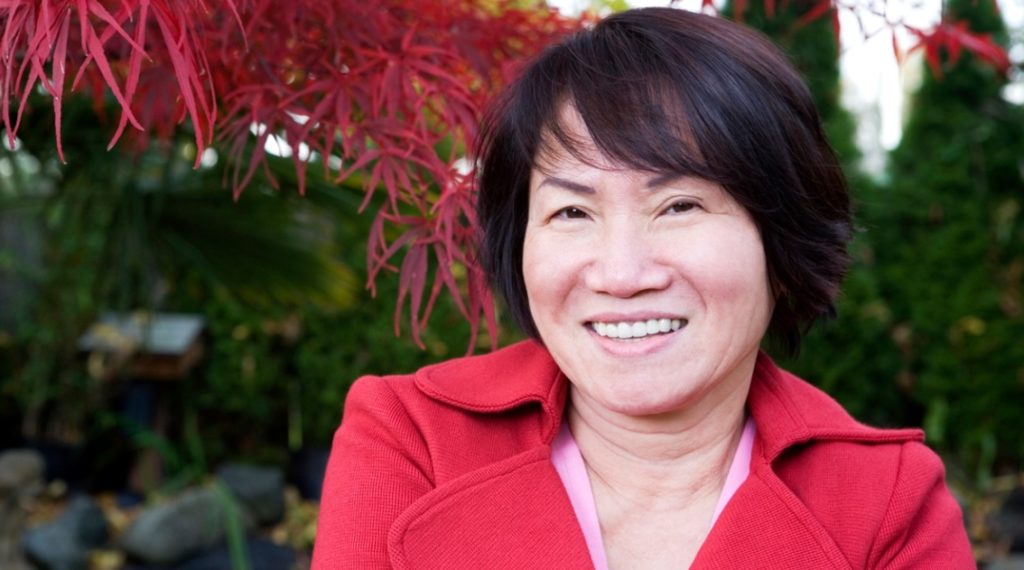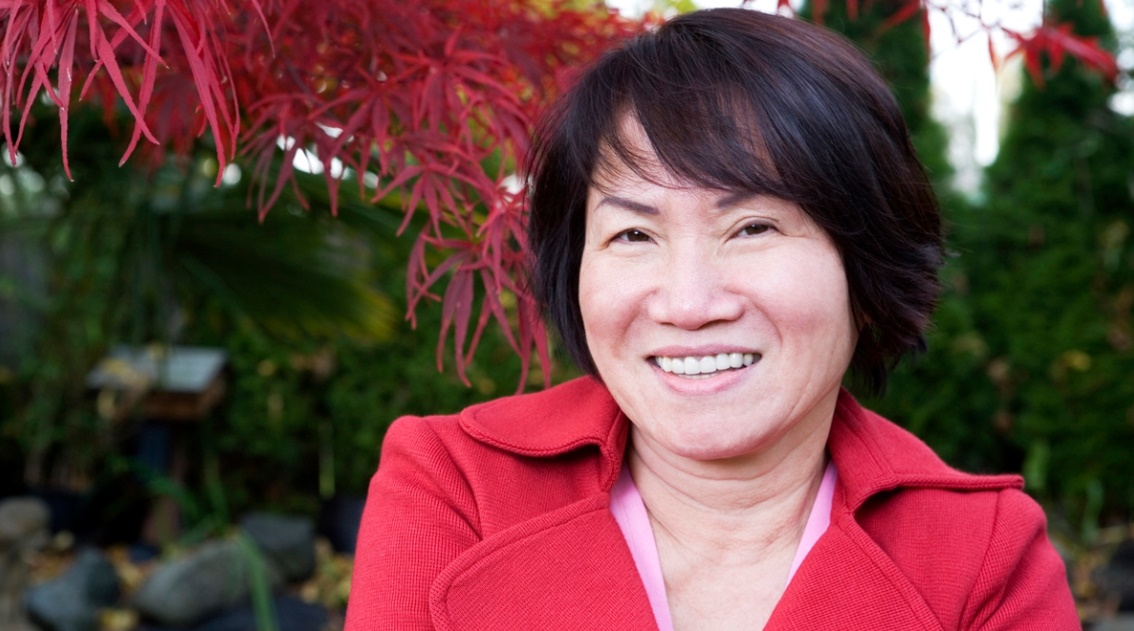by Quynh Chi Nguyen. This article originally appeared on Community Catalyst’s Health Policy Hub blog.

Every year on April 30, many Vietnamese living across the globe commemorate what they term the end of the Vietnamese war (also known as the American war in Vietnam). Whatever side we were on, the war and its aftermath forever remain painful and frightening and continue to affect the health and wellbeing of the Vietnamese population.
After the war, my family and I joined over a million other Vietnamese immigrants who made the journey to reside in the U.S. and try the best we could to make it our second home. Despite cultural and linguistic barriers and discrimination, many of us have been successful in obtaining high-level education, starting businesses and maintaining good employment. However, this is not the case for everyone. Older adults, in particular, continue to suffer from traumatic experiences related to the horrors of war, hard labor in communist re-education camps, dangerously escaping Vietnam by boat, and abuses and poor living conditions in refugee camps. It is hard to say exactly how widespread post-traumatic stress disorder (PTSD) is in Vietnamese communities due to limited research. However, mental health experts link PTSD to other conditions such as depression, substance use disorder, gambling addiction and violent and suicidal behavior. Parents with PTSD can pass on to their children and family members.
In addition to mental health issues, major health concerns that affect Vietnamese Americans include diabetes, cardiovascular disease, obesity, tuberculosis, hepatitis B and cancer. Studies showed liver, lung and cervical cancers were the leading causes of death among Vietnamese-Americans. However, prior to the passage of the Affordable Care Act, despite high mortality rates, many Vietnamese did not seek help or get appropriate care for these chronic illnesses due to lack of health insurance coverage, affordability issues and not being able to access linguistic, culturally competent health services.
Thanks to the ACA, an estimated 147,000 Vietnamese has gained health insurance coverage since 2014. Beyond an insurance card, this coverage offers protection from health insurance discrimination and financial ruin, and access to linguistically and culturally appropriate mental health services and other specialty care.
Instead of continuing to improve health outcomes for this population, we find ourselves again fighting a battle to keep the ACA intact. Late last year, in response to a lawsuit filed by 17 Republican attorneys general, a federal judge in Texas invalidated the entire law. The Trump administration ramped up the stakes again this year. In a stunning two-sentence letter, the Department of Justice altered its position on Texas v. U.S., arguing the entire ACA should be struck down. And last night, the Trump Justice Department filed a brief backing the plaintiffs and urging the U.S. Court of Appeals for the 5th Circuit to uphold the U.S. District Court decision declaring the ACA unconstitutional. This extreme position places many Vietnamese – as well as millions of people across the country – at risk of losing what they have gained so far.
Now is the time to make sure this threat is highlighted in the media and to our elected officials, particularly state attorneys general. To find out where your attorney general stands on this issue and how you can take action, go here.
The opinions expressed in this article are those of the author and do not necessarily reflect those of the Diverse Elders Coalition.

